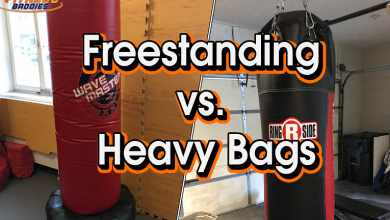Bent Barbells: How? Why? & What To Do About It
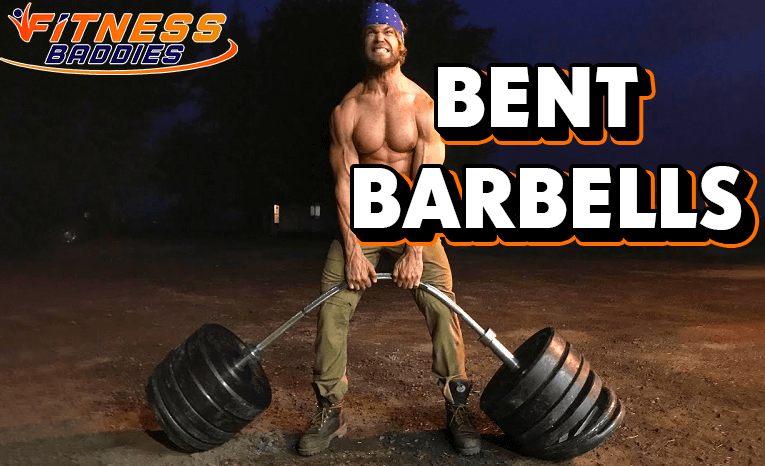
The first time I encountered a bent barbell was in a garage sale. I was setting up my first garage gym as a broke college student, so I tried every possible way to get equipment as cheap as possible. That’s how I came across a bent barbell.
I was just as dumbfounded as you probably are now, just how on earth do you bend a frickin barbell!? Well, it turns out there are ways of doing that. In today’s article we’re looking into why barbells bend, if they’re still usable, possible effects of bending and how to avoid it.
How the Heck Does a Barbell Bend in The First Place?
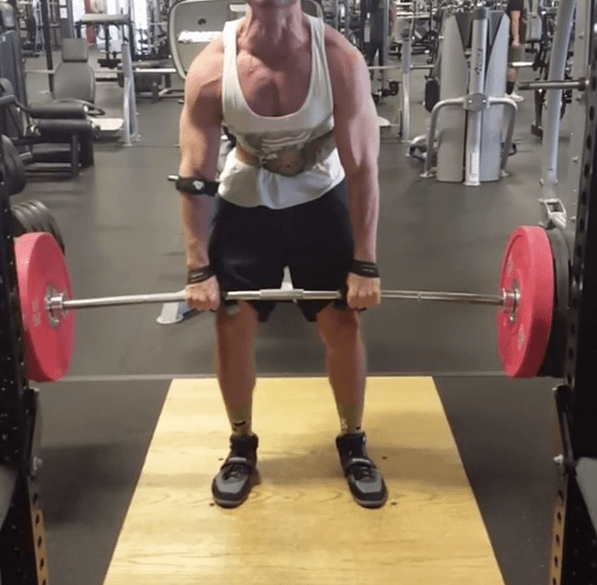
There are two ways in which a bar can bend, you need to lift really, really heavy weights or drop it in just the right way for the metal to bend. Either way, it’s not easy to bend a barbell, so if you’re just a little bit careful with your equipment, you should be fine.
How Much Weight Does It Take to Bend a Barbell?

The first that came to my mind when I saw a bent barbell, was “Who on earth is strong enough to bend a barbell?” I knew that it took some serious weight to bend a barbell, so I started digging to see what I could find. Who knew? Maybe I bought a barbell used by a famous powerlifter or something.
Unfortunately, I was wrong. The more I looked into it, the more it became apparent that my barbell, and any other barbell for that matter, wasn’t bent by lifting heavy weight. See, there have been hundreds of tests done and even the cheapest, low quality barbells can hold up to 1,500lbs.
Since the world record for the deadlift is 1,104.52lbs, and the world record squat is 1,306 lb it’s pretty obvious that 99.9% of bent barbells weren’t damaged by lifting weights. However, that’s only talking about using a barbell properly. You can definitely pile weights on the barbell until it bends without anyone actually lifting it, in which case, aroun 1,500lbs will do the trick.
Bending a Barbell by Dropping It
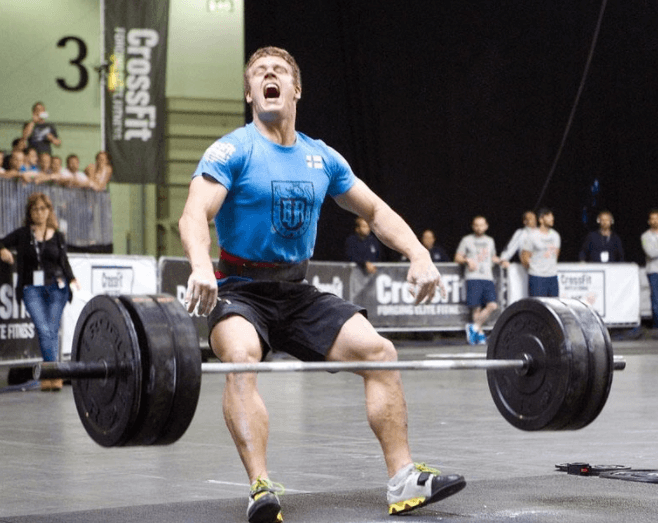
By far a more common occurrence, barbells can bend quite easily when dropped. The way it goes is that the bar is dropped, but the plates don’t make first contact with the ground. Usually this happens when someone fails a lift like squats or bench and the bar hits the pins on the squat rack.
For this to happen, you don’t even need that much weight, around 300 pounds will do for cheaper bars. High quality bars have been known to survive drops when loaded with up to 1000lbs.
We all need to bail on a lift from time to time, so if you’re building your own backyard gym, consider spending a few extra bucks in exchange for peace of mind. Knowing that your bar won’t bend or – even worse – snap, can be the difference between hitting a PR or not.
Is a Bent Barbell Something to Worry About? Can I Still Use It?
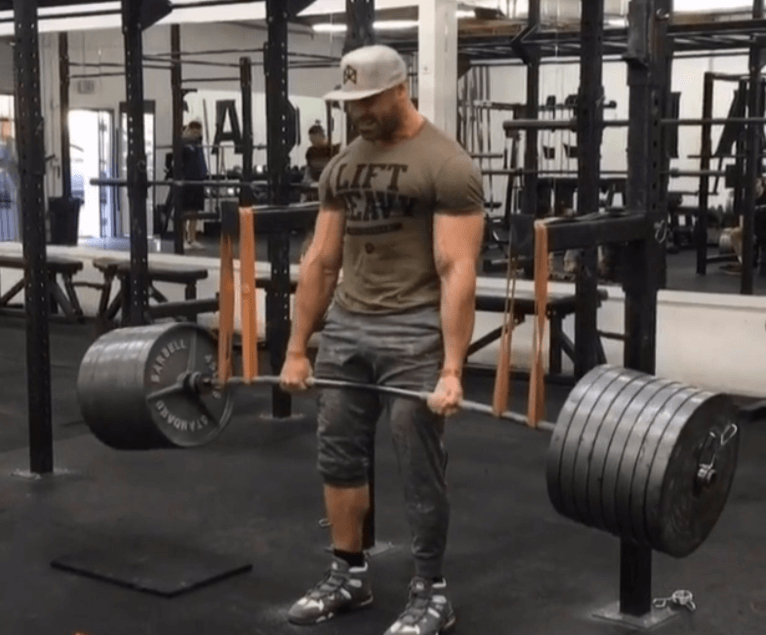
How safe is it to use a bent barbell? As a rule of thumb, I would avoid using bent barbells if possible. It’s not that they’re necessarily dangerous, but they’re more liable to snap at a critical time and hurt you, as well as cause pain and discomfort during certain movements due to the bend.
It all comes down to how severe the bend is, the way it is bent, and what you’re planning to use the barbell for, though a new barbell will always be the better choice, after all, there are some cheap barbells out there.
Things You Shouldn’t Do with A Bent Barbell

The problem with bent barbells is that the bend messes with weight distribution, prevents the pins from rolling correctly, and increases the risk of snapping. Here is where things change depending on what use you’re gonna give your bent barbell:
Any sort of weightlifting workout like the snatch, clean etc. is a no go. Performing these lifts with a bar that doesn’t roll correctly can lead to serious injury for athletes, not to mention the risk of snapping during the movement.
If your bar doesn’t have rolling pins, and the bend is less than 2mm, it can be used for conventional exercises like the deadlift, squat, or benching, though I wouldn’t risk it with super heavy loads. The problem is that if you don’t grab it “bend-side” up, the bar will still try to roll itself that way, which can cause a lot of discomfort during the lift.
Of course, this is assuming a minimal bend that is somewhere down the middle. If your bar is bent only on one side, the weight distribution will be off completely, and using it for lifts can cause shear forces in your spine and lead to injury.
What Should I Do if My Barbell Ends up Bending?

While barbells don’t usually bend, a bad drop can happen to anyone. These are your options if your barbell is bent:
Replace it with a BETTER barbell
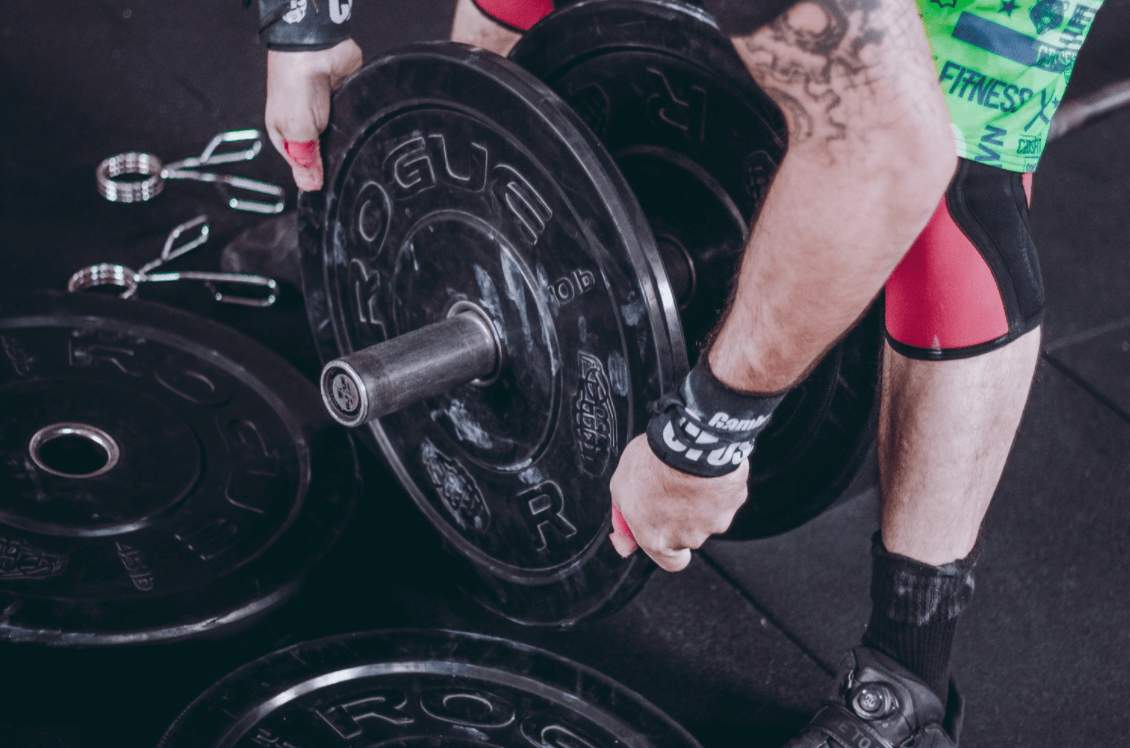
Working with a bent barbell is not ideal, so the best course of action is to replace it. Hopefully with a better barbell that won’t bend the next time. Later on we’ll discuss how you should go about picking a better barbell, and even give you some recommendations.
Adapt to Using a Bent Barbell
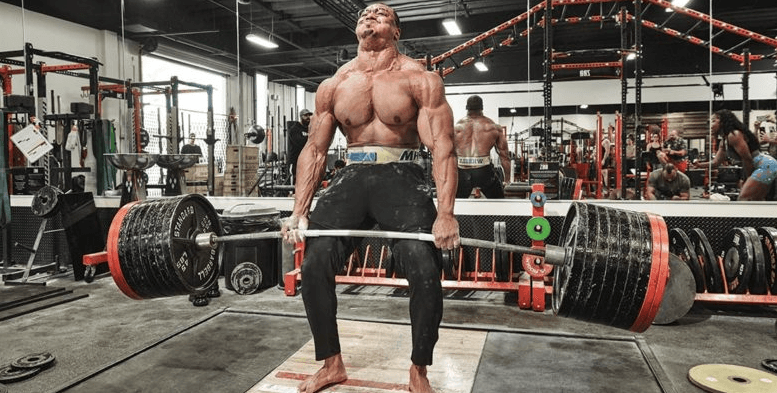
Let me start by saying that if your barbell is bent unevenly or past the point of saving, you need to replace it. It’s no longer safe to use it.
Once that’s out of the way, let’s talk about barbells that are only slightly bent. It’s still better to replace them just to be safe, but if your budget doesn’t allow that, they’re still ways to use it safely.
For starters who are in this to measure your fitness level, you should start looking into alternative exercises to avoid using the barbell as much as possible. For every barbell exercise, there is a dumbbell-only workout counterpart, so now all your chest & shoulder pressing, and dumbbell curls – done with the right weight should be done with one of those affordable adjustable dumbbells around to minimize risk.
For exercise where dumbbells don’t get any close to the results you get with squatting on a smith machine, you should always use your bar bend side up. In my experience, the best way to recognize the side that should look up is to score it with a metal plate or tool.
If you don’t put the bar bent side up, it will shift in your hands as it rights itself, which can cause you to drop it and bend it even further, or worse, injure you.
How to Keep My Bar from Bending?

Keeping your barbell from bending should be relatively simple, all it takes is a little care not to drop it in a way that has your barbell land bar first.
Of course, we all fail a lift from time to time and its better to drop the bar than to get injured, so getting a quality bar that can take a hit or two also helps. Keep that in mind next time you are doing a military press or doing barbell squats, Over thinking about equipment like barbells is actually one of the reasons I switched to using a hack squat machines when doing my daily squats.
How to Choose a Barbell that Won’t Bend

If your barbell is bent beyond salvation and you’re shopping for a new one, here are some tips to make your new purchase last:
Build Quality and Durability
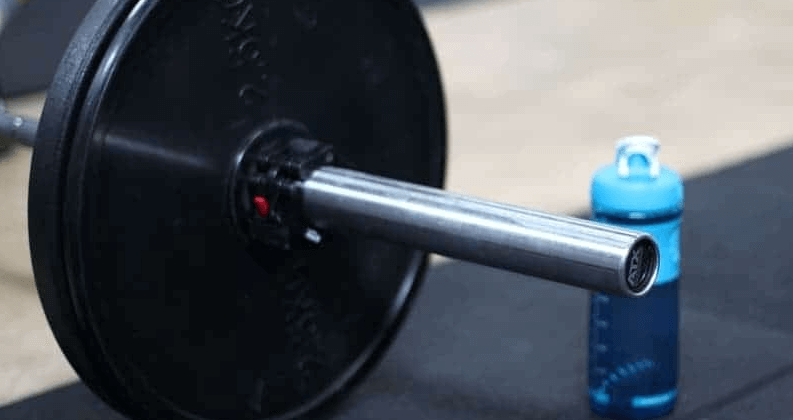
Since you might eventually drop your barbell after a failed squat or bench, your best bet is to buy a barbell that can take it. That’s why you need to be on the lookout for barbells with good build quality, durable enough resist drops.
As mentioned above, cheap barbells start bending when dropped while loaded with 300lbs, more expensive barbells can make it to the thousands. Why is there such a big difference? It all comes down to tensile strength.
Tensile strength is a measure of how much your barbell can hold before it breaks or fractures, and is usually listed in the construction specifications for each barbell. You should avoid any barbells with a tensile strength lower than 150,000, and if you’re looking for something extremely durable, go for barbells with a tensile strength above 180,000.
Style of Training
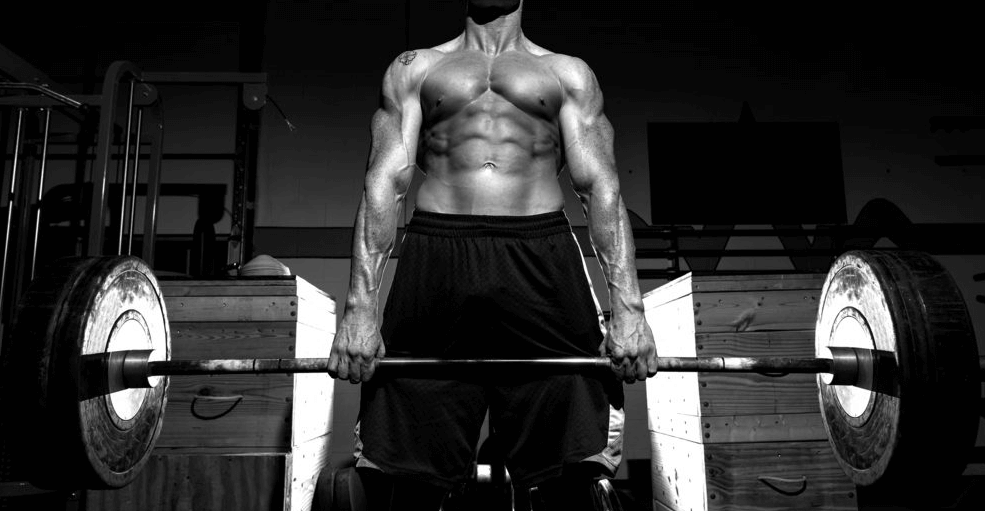
Choosing the right barbell also comes down to your style of training. Those who train for bodybuilding or powerlifting, don’t need a barbell with rolling pins, which are more expensive. That’s not all, training style also influences the chances of your bar dropping onto a rack and bending.
What I mean is that traditional weightlifters usually don’t work inside a squat rack like those squat racks with j hooks, for example, so when they drop the bar it usually lands plate first, which isn’t a problem. Bodybuilders work with lighter loads, which reduce the chance of bending if you bought a cheap bar.
Powerlifters on the other hand, go really heavy quite often, so they have the most chance of dropping the bar and bending it. That’s why if you’re a powerlifter who’s putting up big numbers or if you are into powerlifting competition training, you should invest in a quality bar.
Barbell Recommendations
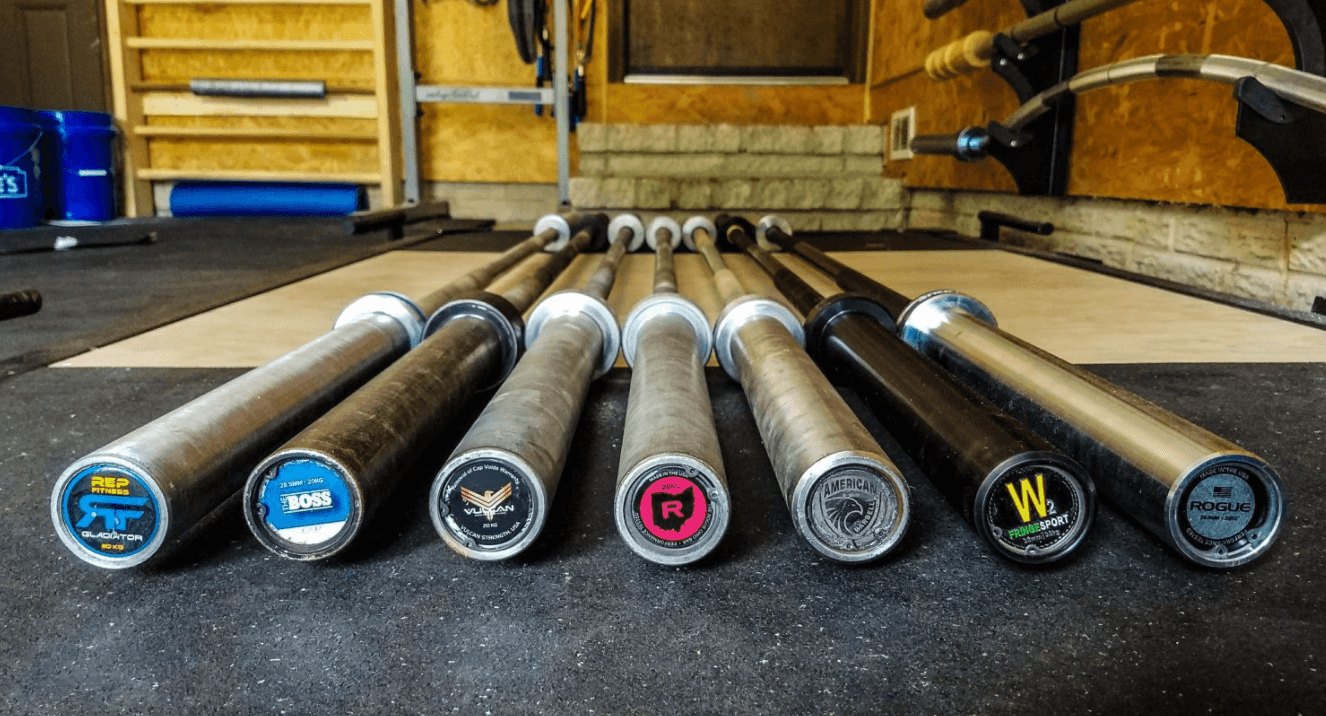
There are thousands of barbell brands out there and finding the right one isn’t easy, so here you have some of my barbell recommendations for bars that won’t bend.
Rogue 45 Lb Ohio Power Bar – Black Zinc My Personal Favorite
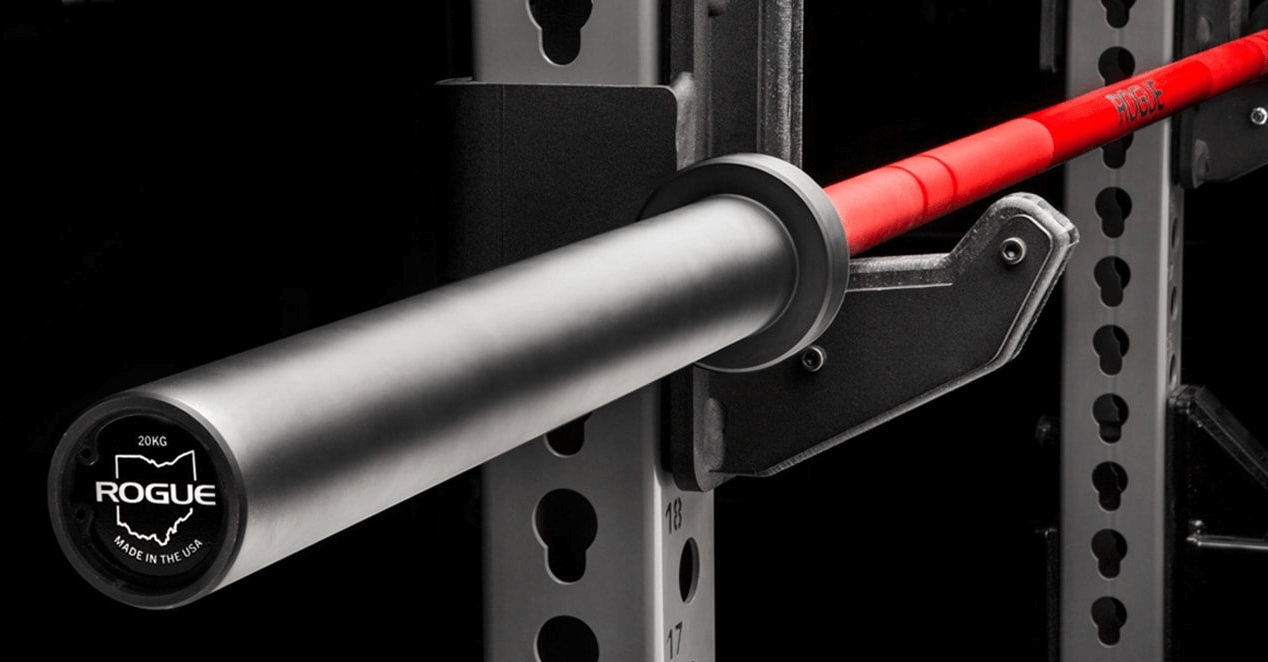
This is the bar I’ve owned for years now and I LOVE it. A standard weightlifting bar, it weighs in at 45lbs and has rolling pins. What makes it a great choice for bending concerns is that its got a tensile strength of 205,000 PSI, so there’s no chance in hell this bar is bending.
American Barbell Stainless Bearing Bar
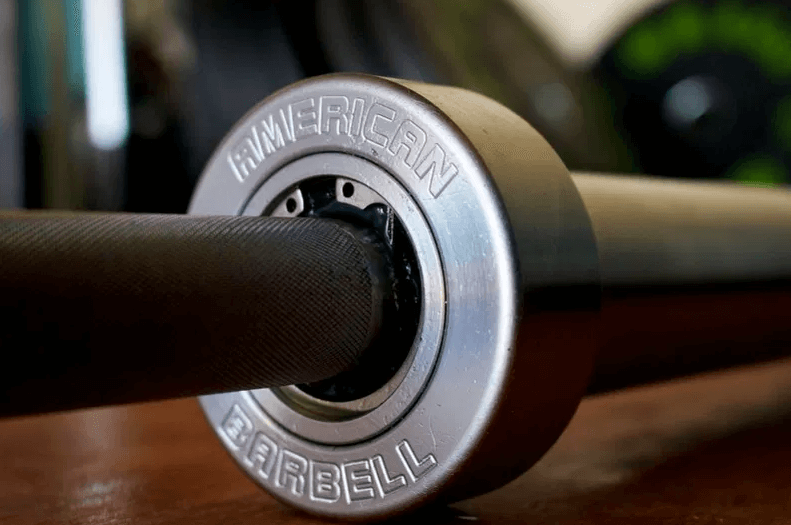
This is an amazing bar for anyone who’s serious about weightlifting. It features patented bearing technology that makes your bearings smoother as the weight gets heavier. While not as strong as my top choice, this bar has a 190,000 psi rating, which is nothing to scoff at.
Rogue Olympic Weightlifting Bar – Bright Zinc
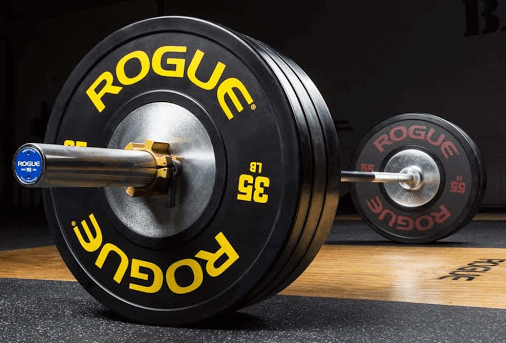
Another great bar from rogue, with an even higher tensile strength, 215,000 PSI. What sets this bar apart from the previous entry is that while it will never break on you, it has a lot of whip. What is whip? It’s what happens when a loaded bar is lifted rapidly. It bends as it moves, but then returns to its original shape.
Who should care about whip? Weightlifters. Recreational lifters who mostly train on the bench, squat and deadlift don’t really need a bar with a lot of whip, though some lifters still like it. In the end, its a matter of preference.
Related Readings:
- Wall Angels: An Easy Exercise to Help with Your Posture that You Can Do Without Any Equipment Needed – Complete Guide
- Alternating Dumbbell Press: Complete Exercise Guide, Benefits, Muscles Worked, Variations, and More
- The 6 Best Pilates Chairs & Reformers Worth Your Time & Money
- Can Stretching Make You Taller? Myth or Reality?
- I Did Squats Every Day For 3 Months – Should You? Here’s What I Learned
- Barbell Sleeve Adapters; Best Bang For Buck Options on The Market
